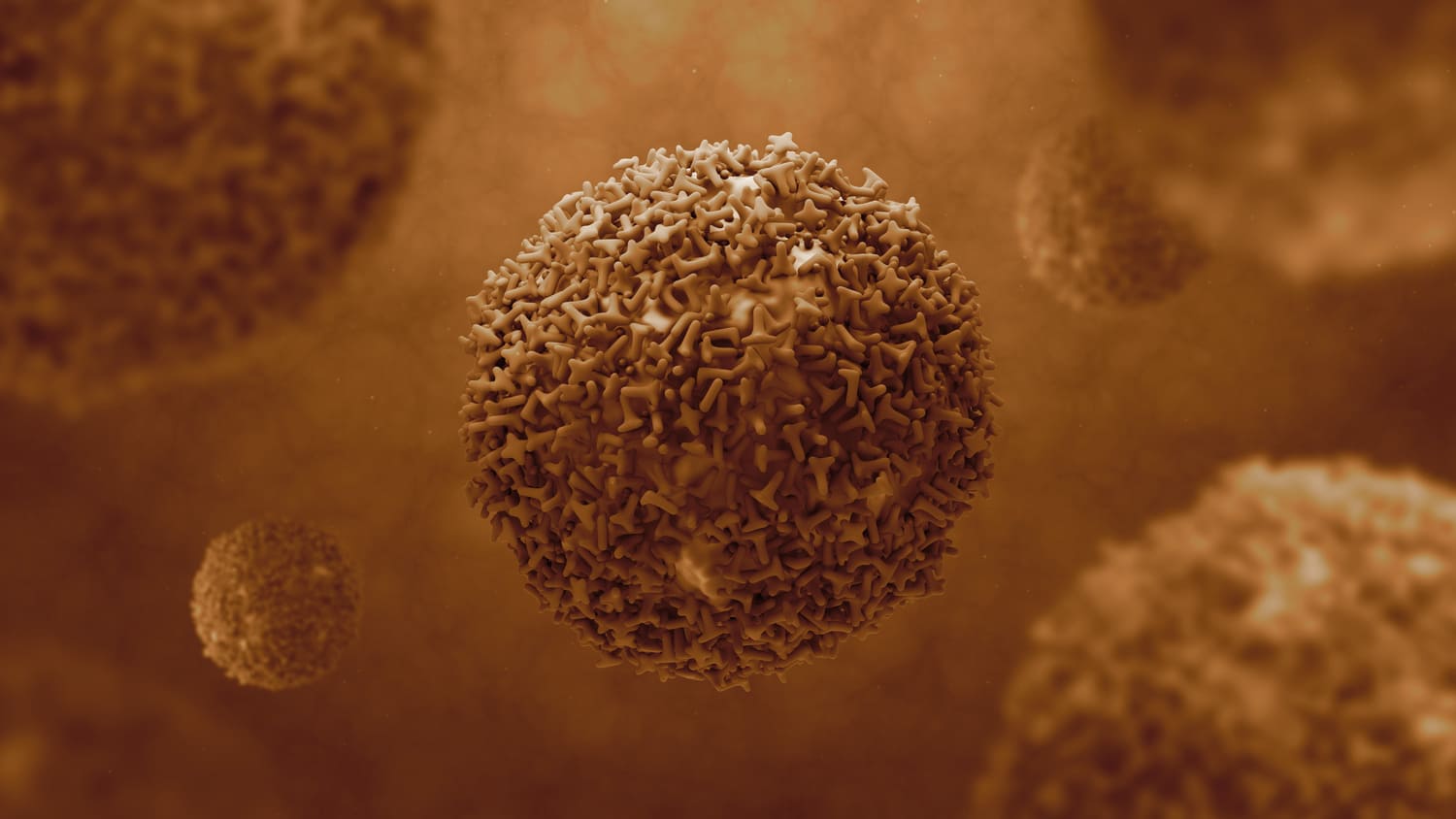Evaluation of a commercial multiplex PCR Unyvero i60®.
Thursday 1 February 2024

Introduction: The development of sonication over the past ̃ years has increased the sensitivity of conventional cultures for the diagnosis of Prosthetic Joint Infections (PJI). However, the development of a new kit, designed ̃ specifically for the diagnosis of IPAs could be a significant breakthrough in this field.
Methods: all prostheses removed from patients between May 2014 and May 2015 were sent to
culture using a processing protocol that includes implant sonication. In addition, 180 microliters of the sonication liquid was used to perform multiplex PCR (Unyvero i60®).
A comparison of the sensitivity, specificity, positive predictive value (PPV) and negative predictive value (NPV) was performed.
(VPN). The study was approved by the Clinical Research Ethics Committee.
Results: 88 prostheses from 68 patients were analyzed (1.29 prostheses/patient). The prostheses studied
were knees (n = 55), total hip (n = 26), partial hip (n = 5), and shoulder (n = 2). Twenty-nine patients were diagnosed with IPA (15 chronic, 12 acute and 2 hematogenous). In 24 cases, the result was
The PCR test was positive, with all but 1 of these being from patients with IPA criteria. In addition, 9 resistance mechanisms were detected in 5 samples. The Unyvero i60® system showed slight results.
superior to culture in both specificity and PPV.
Conclusions: The Unyvero i60® system may have a role in the rapid diagnosis of IPA due to its high specificity and PPV. However, despite these results, culture should be performed to detect organisms not detected by the system.
Read the complete article in its original language Evaluation commercial multiplex PCR Unyvero i60



